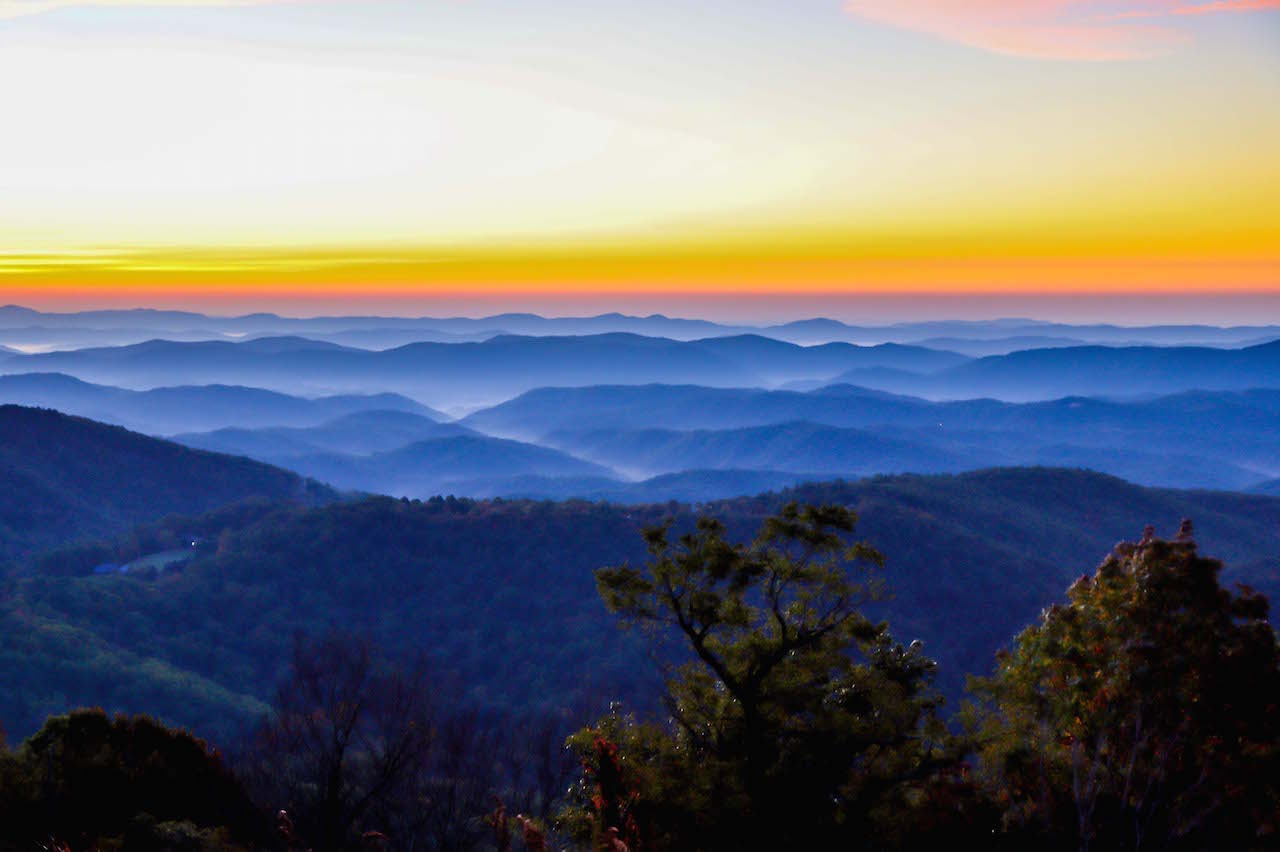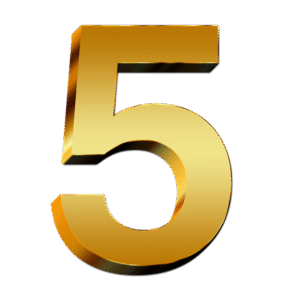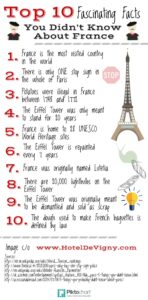George Washington, universally revered as the founding father of the United States, is a historical figure often encapsulated by his pivotal role in the American Revolution and his tenure as the nation’s first president. Yet, beneath the veneer of his iconic image lies a trove of intriguing anecdotes and lesser-known facts that often elude even the most ardent history enthusiasts. Here are some fun facts about George Washington that you may not have encountered before.
1. A Surveyor Before a Soldier
Before his rise to military and political fame, Washington worked as a surveyor in the Virginia wilderness. His experience in surveying not only honed his leadership and strategic thinking skills but also offered him a deep understanding of the American landscape, which would prove essential during military campaigns. This role gave him a unique perspective on land management, influencing his agricultural endeavors later in life.
2. Never Actually Lived in the White House
While Washington is often associated with the presidency, he never resided in the White House, as it was not completed during his time in office. Instead, he lived in other executive mansions, such as the Robert Morris House in Philadelphia and the Franklin House in New York City. The White House was completed in 1800, eight years after he stepped down from the presidency.
3. A Passion for Agriculture
Washington was an agrarian at heart. He dedicated a considerable portion of his life to farming at Mount Vernon, his beloved estate. He experimented with various crops, including tobacco and wheat, and was passionate about agricultural innovation. Washington’s commitment to farming methods, such as crop rotation and scientific agriculture, made him a forward-thinking landowner, emphasizing sustainability long before it became a widespread concept.
4. A Founder of the American Wine Industry
Though often overlooked, Washington was instrumental in the nascent American wine industry. He cultivated numerous grape varieties at Mount Vernon and even laid the groundwork for professional winemaking in Virginia. His burgeoning interest in viticulture reflects his broader vision of American self-sufficiency and prosperity.
5. A Fervent Freemason
Washington was an esteemed member of the Freemasons, an organization that played a significant role in the social and political fabric of the 18th century. He joined the Masonic Lodge No. 22 in Fredericksburg, Virginia, in 1752. This affiliation not only shaped his network but also influenced his leadership style and values, underscoring ideals of liberty, fraternity, and moral integrity.
6. The Reluctant General
Despite his eventual acclaim as a military leader, Washington was initially hesitant to take command of the Continental Army. He felt ill-prepared for the monumental responsibility, despite being appointed by the Second Continental Congress in 1775. His modesty and disbelief in his capabilities were symptomatic of a larger, patriotic humility that characterized his leadership throughout the Revolutionary War.
7. A Man of Many Talents
Washington’s interests were not solely confined to politics and military affairs. He had a fondness for various disciplines, including music, where he played the flute, and he even dabbled in the art of dancing. His artistic inclinations reveal a more multifaceted character, one that appreciated the finer pleasures of life despite the gravitas of his responsibilities.
8. The Legendary Wooden Teeth
Contrary to popular belief, Washington did not possess wooden teeth. His dental woes were legendary; he suffered from severe dental issues throughout his life, leading to the loss of several teeth. The dentures he wore were crafted from materials such as ivory and human teeth, showcasing the medical practices of his era. These dental troubles significantly influenced his public image, as he often sought to maintain a dignified appearance despite his oral challenges.
9. The Presidential Farewell Address
Washington’s Farewell Address, delivered in 1796, serves as a vital document in American political history. It is a cautionary manifesto against the divisive nature of political parties and foreign alliances, offering timeless wisdom about national unity and civic virtue. The address reflects his deep concern for the nascent nation, aiming to set a precedent for future leaders.
10. His Lasting Legacy
Beyond the confines of historical events and figures, Washington’s legacy transcends time. His ideals of civic duty, morality, and integrity resonate profoundly in contemporary discussions on leadership. Monuments, institutions, and even currency mark his enduring influence, ensuring that his contributions to American society continue to be celebrated and studied.
Conclusion
The essence of George Washington is far more intricate than the sanitized images often portrayed in textbooks. His multifaceted life encompasses agricultural innovation, cultural endeavors, and profound insights into governance, encapsulating the spirit of a man who valued service above self-interest. While formal histories bestow upon him the status of a national hero, these intriguing facts unveil a person rich in complexity and ambition, inviting us to explore the myriad layers of his legacy.








